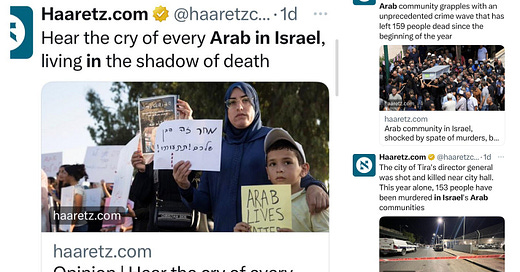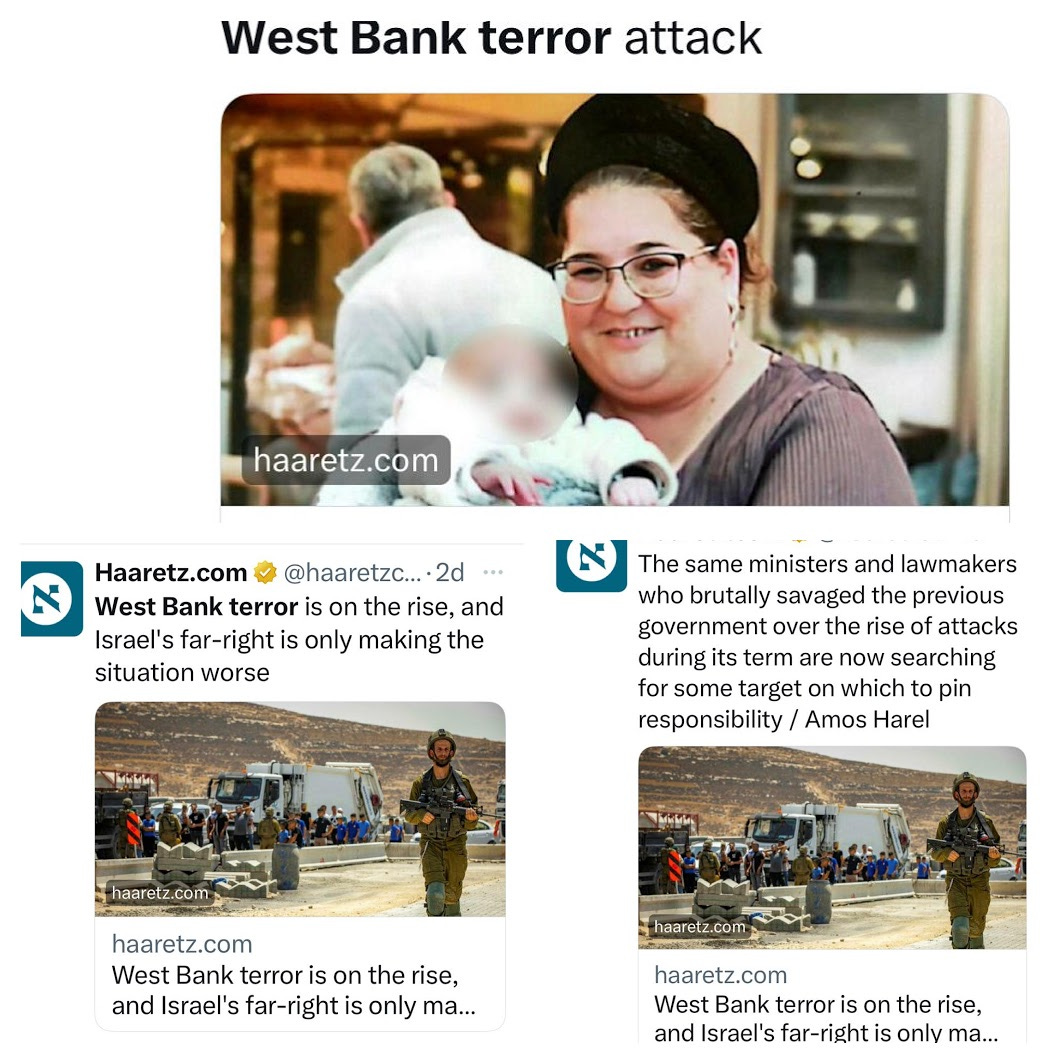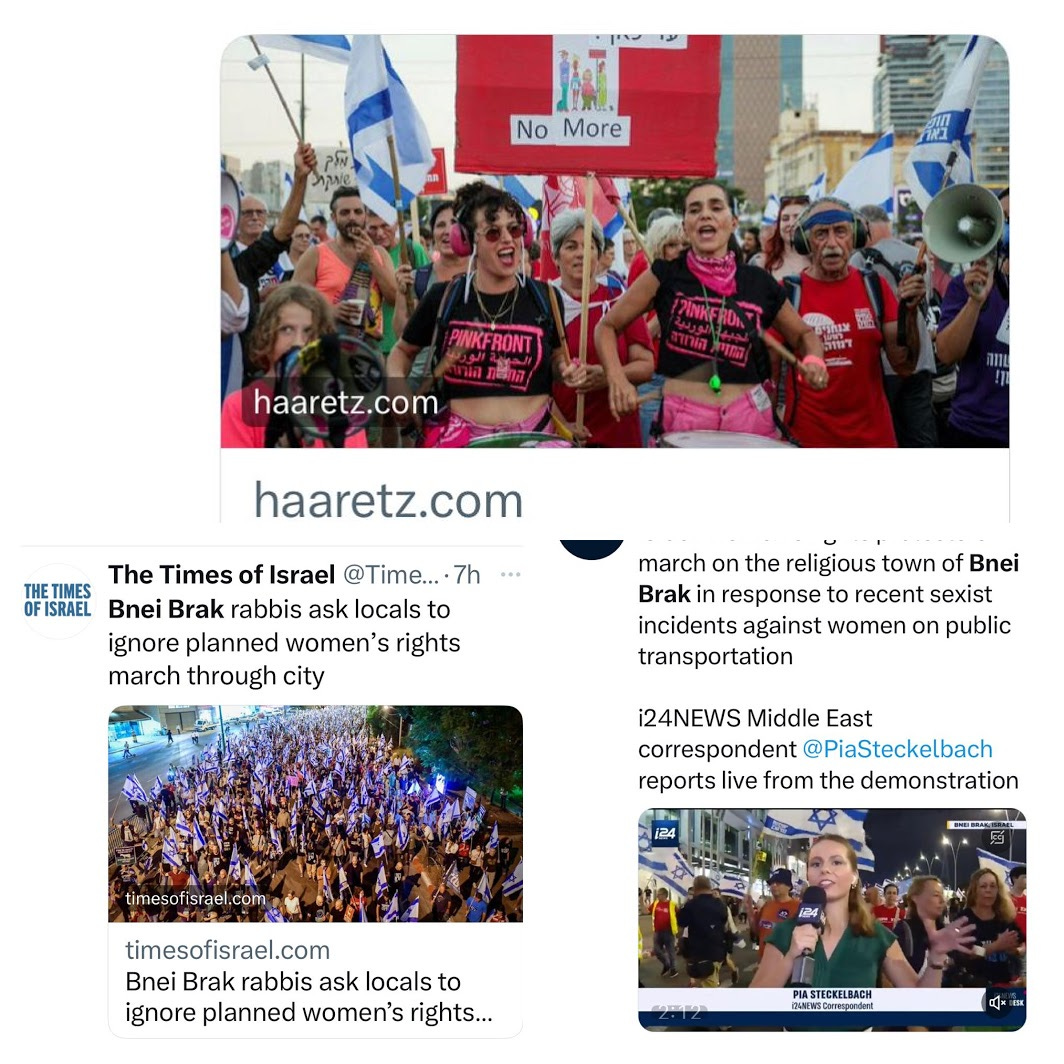1. Death Toll in Arab Communities Continues to Spike
Six people were killed this week from firearm violence in Arab localities, bringing the total number of casualties this year to 156, an increase of 250% compared with last year. The killings sparked massive media attention given the high public profile of the victims. Abdel Rahman Kashua, director general of the city of Tira in central Israel was shot dead only meters away from the city’s police station. Hundreds of mourners, wearing black t-shirts and carrying black flags, attended his funeral and voiced harsh criticism of the government’s lack of action to prevent the killings.
A mayoral candidate, Ghazi Sa’ab, a former IDF and border police officer, was shot dead in the Druze village Abu-Snan, along with three other men, members of his extended family. Druze communal leaders called a general strike the following day, in protest to the government’s lack of response to the surge in violence.
Arab communal leaders voiced their concern that the targeting of local politicians and candidates will increase as municipal elections approach.
PM Netanyahu said in a public statement that the government is committed to defeating organized crime in the Arab community, as it did with Jewish organized crime. He urged the Central Security Service to be actively involved in the effort.
Minister of National Security Ben Gvir (Jewish Power), in charge of the police, came under public attack for the failure of his ministry to address surging firearm violence in Arab communities. In response, the minister said that this violence presents “an even bigger threat, as it may spill over to Jewish communities”. The minister called for the use of harsher measures such as administrative detention and greater involvement of the central security service.
Leaders of the anti judicial overhaul protests in Tel Aviv announced that this Saturday, the weekly demonstration will focus on the government’s failure to address firearm violence and provide security for Arab citizens.
2. Another Escalation in Security Especially in the West Bank (Judea and Samaria)
A mother was killed by a Palestinian shooter in the Hebron South Hills, with her twelve year old daughter witnessing the killing. This event adds to other events of settlers and Israelis killed by Palestinians in the last months. All these deadly attacks are carried out by individual Palestinians, who are not part of a movement or organized terror cells, therefore it is challenging for intelligence agencies to locate and prevent themselves attacks. Israeli sources claim that Iran stands behind the deterioration, by encouraging young Palestinians to take action and by providing money and weapons to them.
Members of Knesset and ministers in PM Netanyahu’s government often attack and incite against senior army officers, claiming they are not doing their jobs, and they must ensure safety for the settlers on the West Bank roads.
Minister of national security, Itamar Ben Gvir (who was convicted in a terrorist attack some years ago) said in a TV interview that his and his family’s lives are more important than those of the Arabs. This saying reflects the Jewish Supremacist outlook that is a center part of the extreme-right ideology. Implementing this as a policy in the West Bank leads Israel further towards an Apartheid state. Later Ben Gvir tried to correct himself saying that he meant that his and his family’s lives are more important than the freedom of movement of the Palestinians. Right-wing leaders and settlement mayors are calling on the government to initiate a comprehensive military operation in the West Bank and to further weaken the already weak Palestinian Authority, claiming that they are encouraging terror.
3. A Severe Reaction From Ethiopian Community in Israel In the Case of the Death of a Five Year old Boy in a Car Accident
A five year old boy, of Ethiopian descent, was killed in a car accident four months ago. The woman, who drove the car, will be charged with negligence. Hundreds of people, mainly from the Ethiopian community in Israel, claim that the investigation was not conducted in an equitable manner due to the fact that the woman is white, comes from the upper-middle class and the boy is black. They claim that she should be charged with a harsher indictment, of manslaughter. The protestors came to Tel Aviv to demonstrate and blocked the main highway in the city, which already became the symbol of the protest against the judicial overhaul. Although the facts in the case don’t support the claims of the Ethiopian community, some of the people are caught up in conspiracy theories, based maybe on malpractice by the prosecution in explaining the facts to the family of the dead boy and the entire public. It is important to say in this context, that it has already been proven that there is over policing and systemic discrimination against the Ethiopian community in Israel which leads to community mistrust of law enforcement agencies.
4. Women’s Protest in the Haredi City Bnei Brak
Following the increase in incidents of gender-based segregation, the harassment of women in public transportation, and erasure of women’s images in public spaces, thousands of women activists marched on Thursday evening in Bnei Brak, a predominantly Haredi (ultra-Orthodox) city near Tel Aviv, under the slogan “You will not erase us”.
The protestors also distributed cards, addressing residents, protesting against pressure by Haredi politicians to expedite legislation exempting all Haredi men from mandatory military service.
The organizers’ decision to target Bnei Brak residents was met with some criticism, even within the protest movement. In response, organizers wrote on social media that the march is in solidarity with Haredi women who are oppressed and discriminated against with regard to access to quality education and employment, and are forced to be separated from their spouses and boy children, due to increased segregation in the public space.
The announcement of the march sparked a public debate, with some claiming that Haredi women willingly choose this way of life, while others, including Haredi women, claiming that women in Haredi communities do not have freedom of choice. According to the media, Bnei Brak Rabbis instructed city residents to ignore the protestors.
Also, this week, an Australian court sentenced Malka Leifer, a Haredi educator and school principal from Australia, to fifteen years in prison for the sexual abuse of two of her students. This, years after her victims filed a complaint against her. Leifer fled to Israel in 2008, and after a prolonged legal process and despite pressure from senior Haredi politicians on her behalf, was extradited to Australia to face trial in 2021.
5. New York City Mayor, Eric Adams, Meets with Representatives of the Protest Against the Judicial Overhaul
New York’s mayor came to Israel for a visit, during which he met with state officials, visited Yad Vashem, Israel’s national Holocaust Museum in Jerusalem, met with the business community in Tel Aviv and with high-tech companies. He also decided to meet with representatives of the protest against the judicial overhaul. He wanted to understand firsthand the situation in the country, the sentiment of the protestors, the motives and the nature of the ongoing demonstrations since the minister of justice, Yariv Levin, announced his plans for changing the character of the separation of powers in Israel seven months ago.
New York City has the biggest Jewish community in the US, and the Jewish community in the US is as big as the Jewish community in Israel.
Meanwhile the protest against the judicial overhaul continues full steam ahead every day. People are protesting wherever members of the coalition go, and at every event they participate in. The head of the constitution committee in the Knesset, MK Simcha Rothman, who is leading the legislation of the judicial overhaul, submitted a petition to the court to issue a restraining order against a group of protesters who are harassing him. The court postponed the decision till Sunday.
For Further Reading:
Firearms violence: Here, here, here
West Bank: Here, here, here, here









